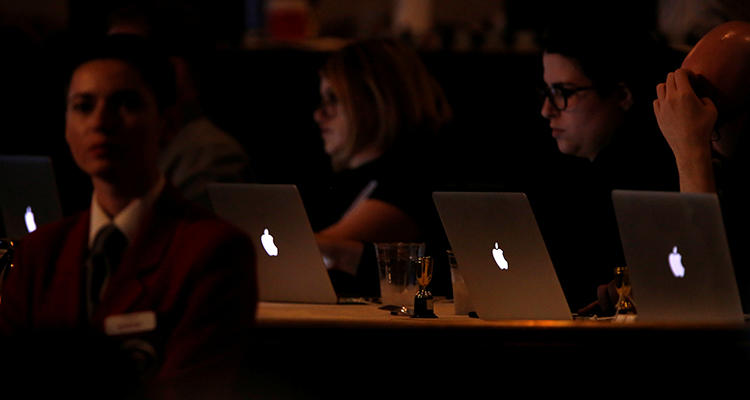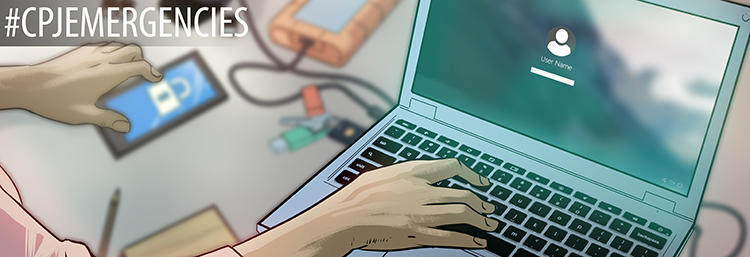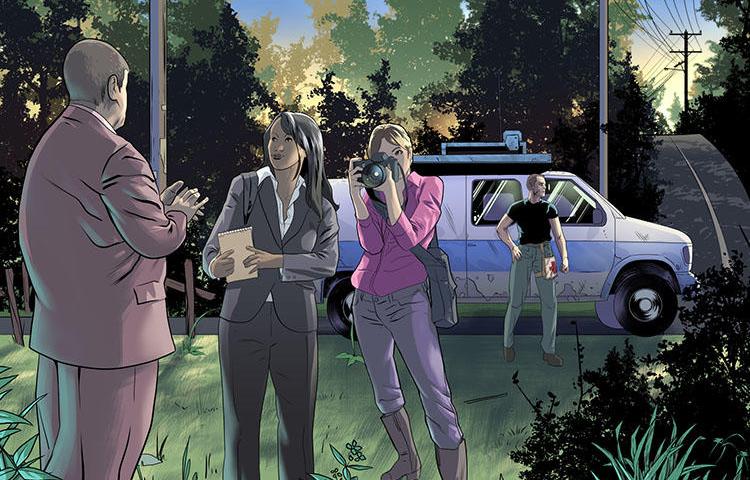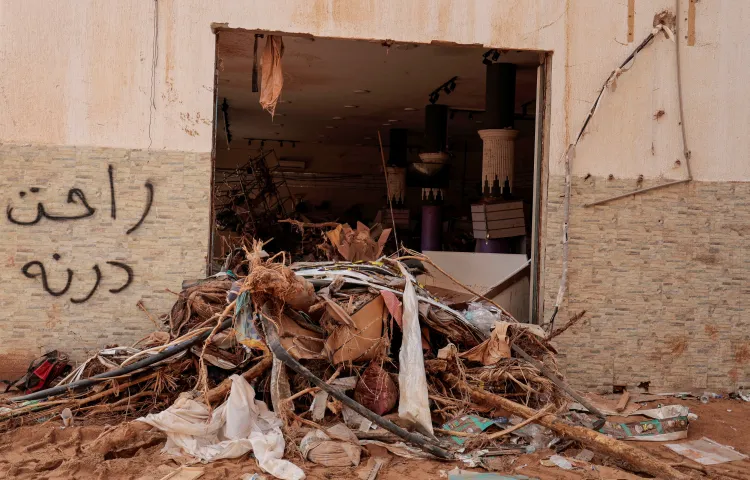
CPJ Safety Advisory: Covering Libya’s floods
Days after September floods killed thousands in the coastal Libyan city of Derna, protesters took to the streets to blame local authorities for failing to maintain the local dams. On September 19, Libya’s eastern administration ordered local and foreign journalists to leave the city of Derna by noon that day on the grounds that the…

Psychosocial safety: Covering gun violence in your community
Reporting on gun violence takes a toll on all journalists. But there are unique pressures for those covering gun violence in their own communities. These journalists sometimes cover mass shootings that become national and international stories, but they often cover everyday gun violence: neighborhood shootings, gang violence, domestic violence, and suicide. Download the PDF: English…

Editors’ checklist: Protecting staff and freelancers against online abuse
Updated March 20, 2023 The following checklist allows editors and commissioners to understand how well-prepared journalists are when it comes to protecting themselves against online abuse. For additional safety information, please see CPJ’s safety guidance on protecting against online harassment, removing your personal data from the internet, and protecting against targeted online attacks. Editors and…
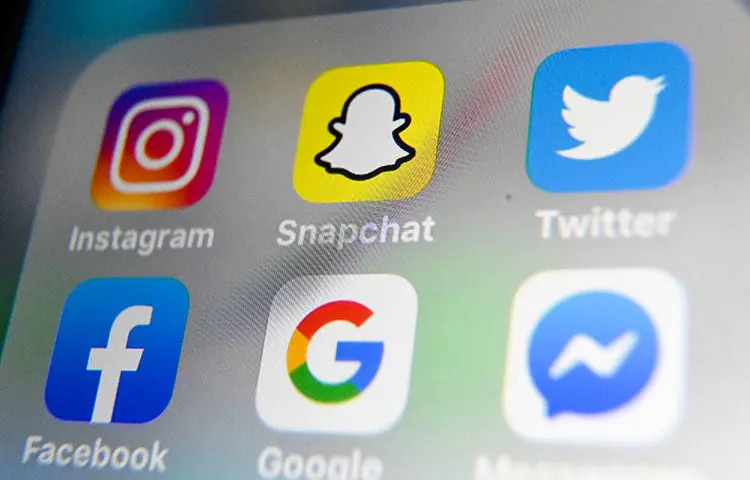
Digital Safety: Protecting against targeted online attacks
Journalists reporting on misinformation, conspiracy theories, and/or false news are frequently left vulnerable to online attacks by those who originate or support these views, as well as by people with strong political leanings. People supporting the spread of this type of information online may organize coordinated attacks with the aim of forcing journalists offline and…
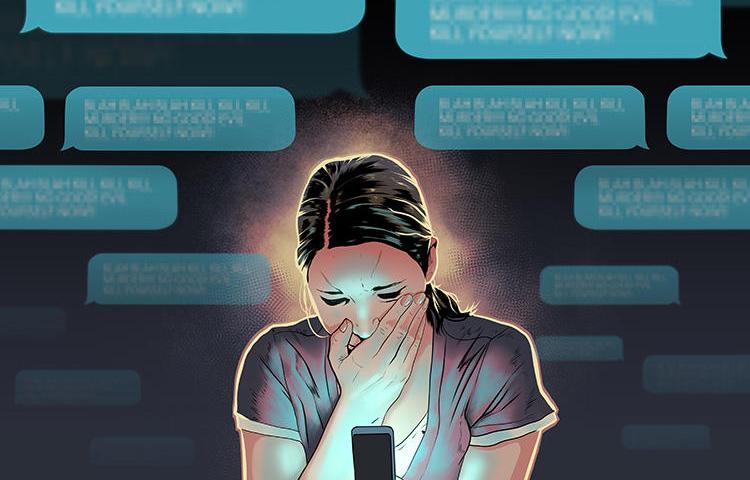
Psychological safety: Online harassment and how to protect your mental health
Journalists are frequently at risk of being harassed online in an attempt by hostile actors to intimidate or force them into silence. The harassment, most commonly directed at female journalists, often includes threats of violence against the journalist and their family and friends.

Digital safety: Protecting against online harassment
Journalists are frequently at risk of being targeted online for their work. Media workers who cover issues such as the alt-right, politics and contentious elections, as well as movements linked to race or gender are at higher risk of being attacked online.
CPJ Safety Advisory: Trolls and online abuse
Today the Committee to Protect published a blog post detailing increased online harassment to journalists in the United States. Trolling and online abuse of journalists and bloggers, however, is a global threat. At a time when use of Twitter, Facebook and other social media platforms are a job requirement for media workers, trolls have become…
